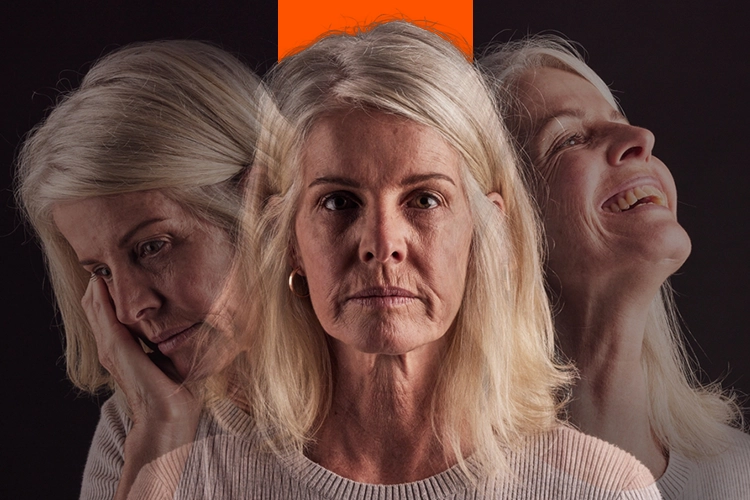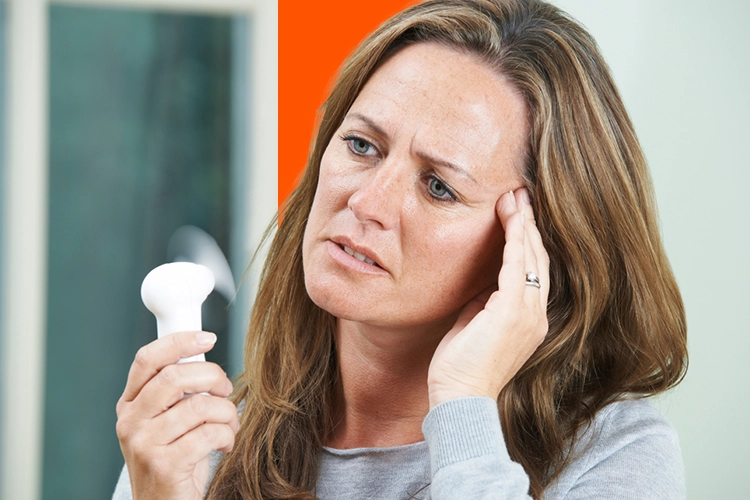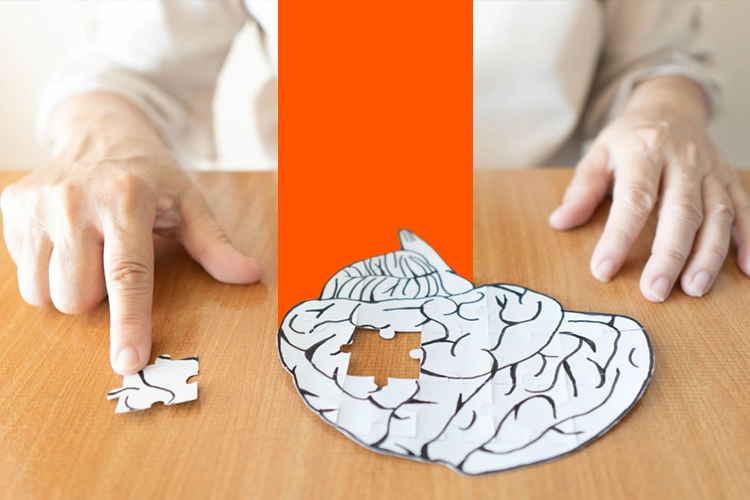Every woman deserves a conversation about her hormonal health so she can make an informed decision about her own wellness.
Psirenity Health’s exclusive collaboration with Bonita Medical Aesthetics & Wellness provides women with personalized hormone review and access to medically guided Hormone Replacement Therapy (HRT) for those who are candidates.
Women’s health needs evolve with age, requiring additional attention and support.
When hormone levels begin to decline, women often suffer needlessly as they experience a host of physical and emotional symptoms of Perimenopause and Menopause. Many women simply don’t feel like themselves anymore, and often don’t know where to turn to for help, or have attempted to access care and have been told how they feel is ’normal’ and it’s part of ’the change’

Mood Fluctuations
Estrogen has a direct impact on neurotransmitters, which are chemical messengers that facilitate communication between brain cells. It enhances the synthesis and release of neurotransmitters such as acetylcholine, serotonin, and dopamine, which play crucial roles in mood regulation.

Hot Flashes
The decline in estrogen levels affects the hypothalamus, which is the part of the brain that regulates body temperature. Estrogen plays a role in maintaining the stability of the hypothalamus, and its reduction can lead to dysregulation and increased sensitivity to temperature changes, triggering hot flashes.

Insomnia or difficulty sleeping
Hormonal fluctuations during menopause can disrupt the sleep-wake cycle and lead to various sleep problems, such as insomnia, night sweats, and frequent awakenings.

Night sweats
Night sweats are believed to be caused by hormonal fluctuations, particularly the decline in estrogen levels that occur during menopause. Estrogen plays a crucial role in regulating body temperature and sweating.

Brain fog
Estrogen has neuroprotective properties, meaning it helps protect and support the health of brain cells. It promotes the growth and connectivity of neurons and supports the production of neurotransmitters.

Fatigue
Estrogen has been found to have a direct impact on sleep architecture, including sleep duration, sleep efficiency, and the amount of time spent in different stages of sleep. It promotes deeper, more restorative sleep.

Genitourinary Issues
During menopause, the decline in estrogen levels can lead to changes in the vaginal tissues, resulting in symptoms such as dryness, itching, burning, and pain during sexual intercourse.

Anxiety
Estrogen has been found to interact with GABA receptors, enhancing their activity. This interaction helps reduce anxiety and promotes a sense of calm, leading to improved emotional stability.

Heart Disease
Several studies have suggested that starting HRT early in the menopausal transition, especially within the first ten years, may have cardiovascular benefits. Early initiation of HRT has been associated with a reduced risk of heart disease, heart attacks, and overall mortality.

Bone Health / Osteoporosis
Estrogen also has a stimulatory effect on cells called osteoblasts, which are responsible for bone formation. By promoting the activity of osteoblasts, estrogen helps in the production of new bone tissue and the maintenance of bone density.

Colorectal Cancer
Estrogen has anti-inflammatory properties. Chronic inflammation in the colon and rectum can contribute to the development of colorectal cancer. Estrogen helps to suppress inflammation and maintain the integrity of the intestinal lining, reducing the risk of cancer formation.

Azheimer’s Disease
Recent studies have shown that HRT, particularly when initiated early after menopause, may have a protective effect against cognitive decline and reduce the risk of developing Alzheimer's disease.